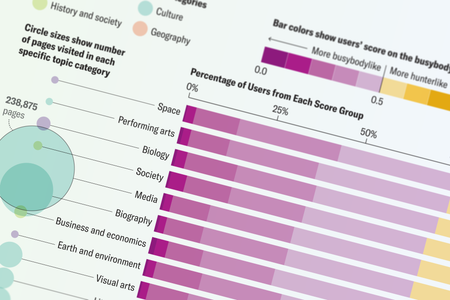
Wikipedia Searches Reveal Differing Styles of Curiosity
Mapping explorers of Wikipedia rabbit holes revealed three different styles of human inquisitiveness: the “busybody,” the “hunter” and the “dancer.”
Gary Stix, senior editor of mind and brain topics at Scientific American, edits and reports on emerging advances that have propelled brain science to the forefront of the biological sciences. Stix has edited or written cover stories, feature articles and news on diverse topics, ranging from what happens in the brain when a person is immersed in thought to the impact of brain implant technology that alleviates mood disorders such as depression. Before taking over the neuroscience beat, Stix, as Scientific American's special projects editor, was responsible for the magazine's annual single-topic special issues, conceiving of and producing issues on Albert Einstein, Charles Darwin, climate change and nanotechnology. One special issue he oversaw on the topic of time in all of its manifestations won a National Magazine Award. With his wife Miriam Lacob, Stix is co-author of a technology primer called Who Gives a Gigabyte? A Survival Guide for the Technologically Perplexed.

Wikipedia Searches Reveal Differing Styles of Curiosity
Mapping explorers of Wikipedia rabbit holes revealed three different styles of human inquisitiveness: the “busybody,” the “hunter” and the “dancer.”

Our Bodies Are So Ready to Celebrate the Rebirth of the Sun
The winter solstice is the culmination of a period every year when each cell in our body literally craves more light
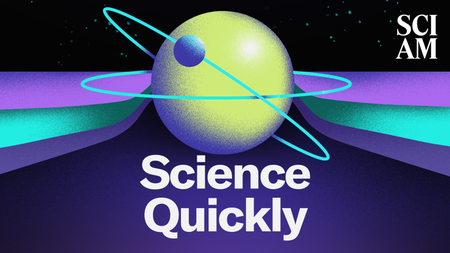
Your 2024 Election Rundown, from Immigration to Education
The outcome of the 2024 U.S. presidential election could set the climate agenda, reshape public education and shift the dynamics of global science collaboration.
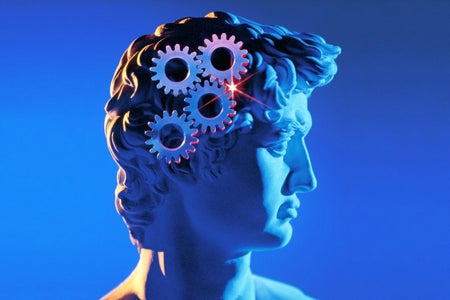
You Don’t Need Words to Think
Brain studies show that language is not essential for the cognitive processes that underlie thought

2024 Election Will Define America’s Stance on Immigration, with Consequences for Science and Technology
Both presidential candidates would restrict immigration but Donald Trump would try to implement an extreme anti-immigrant agenda
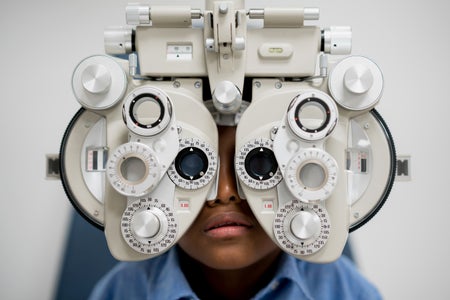
The Nearsightedness Epidemic Has Become a Global Health Issue
Myopia is projected to affect half of the world’s population by 2050. A new report says it needs to be countered by classifying it as a disease and upping children’s outdoor time
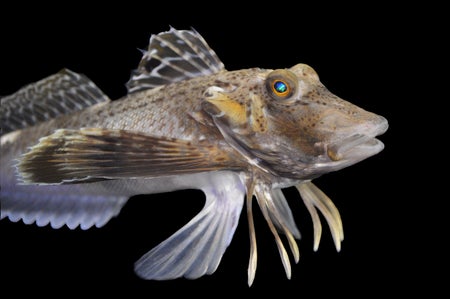
These Bizarre Fish Walk on Six Legs and Taste the Location of Buried Prey
A species of legged fish uses taste receptors to search for hidden prey, providing an ideal window for scientists to study the emergence of new evolutionary traits
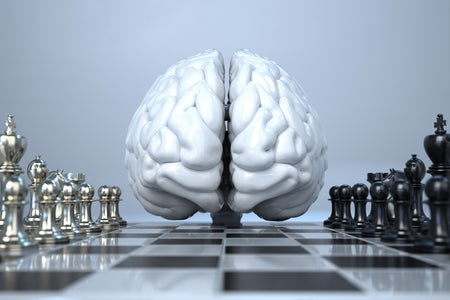
Surgeons Identify—And Save—A Patient’s Chess-Playing Brain Area
Neuroscientists at the University of Barcelona set about on a search for brain areas involved in chess-related tasks so that surgeons could avoid them when removing a tumor
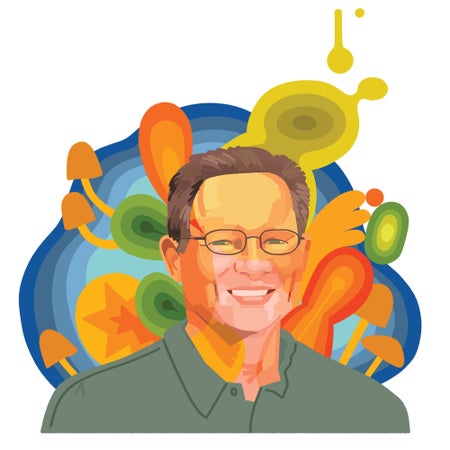
Is a Drug Even Needed to Induce a Psychedelic Experience?
A Stanford anesthesiologist deconstructs the component parts of what it means to undergo a psychedelic trip
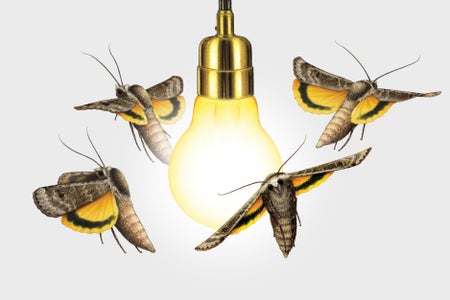
Why Insects Are Lured to Lights in the Night
Moths and other insects aren’t drawn to nighttime illumination for the reasons we think they are
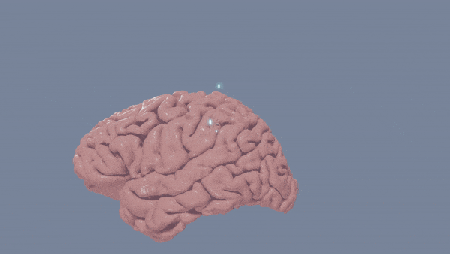
2023’s Mind-Bending Revelations in the Brain Sciences
This year the explosion of interest in AI had a profound impact on how experts in the fields of neuroscience and psychology think about biological intelligence and learning
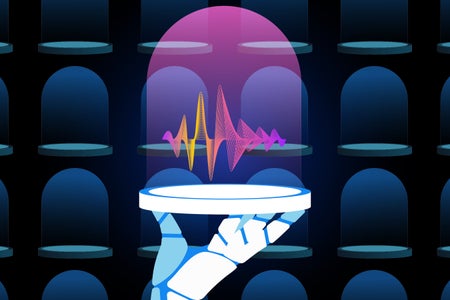
How To Keep AI From Stealing the Sound of Your Voice
A new technology called AntiFake prevents the theft of the sound of your voice by making it more difficult for AI tools to analyze vocal recordings

The Pandemic Disrupted Adolescent Brain Development
Early research presented at the leading brain conference suggests that the pandemic changed the brains of teenagers
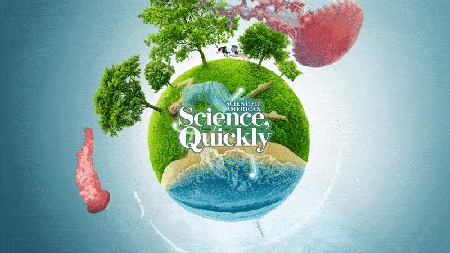
Are You a Lucid Dreamer?
A sleep researcher who studies what dreams can tell us about the possible onset of some mental disorders believes lucid dreamers might hold a lot of answers in their head.

Heavy Cannabis Use Linked to Schizophrenia, Especially among Young Men
A huge Danish study shows that up to 30 percent of psychosis diagnoses in young men could have been prevented if these individuals hadn’t used marijuana heavily

How the Psychology of Silicon Valley Contributed to a Bank Collapse
Venture capitalists and start-ups don’t mind losing money, but dealing with a bank run is a whole different story
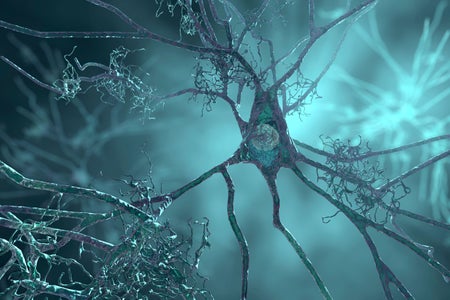
A Neurologist Answers Questions Patients Might Have about the New Alzheimer’s Drug Lecanemab
What a patient and family members can expect from the recently approved drug lecanemab—and what more is needed to help stop Alzheimer’s dementia
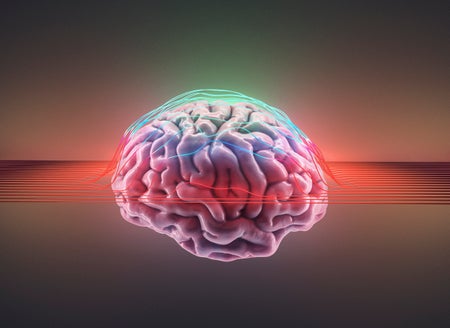
This Year’s Most Thought-Provoking Brain Discoveries
Neural circuits that label experiences as “good” or “bad” and the emotional meaninglessness of facial expressions are some standouts among 2022’s mind and brain breakthroughs
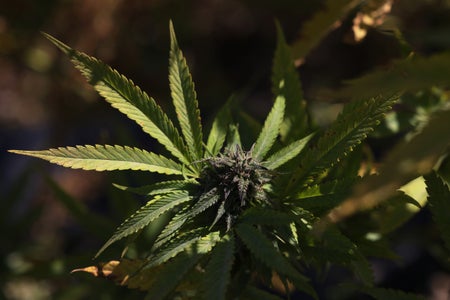
Many People with Bipolar Disorder Use Cannabis. It May Sometimes Help
Diminished risk-taking behaviors and other benefits may explain why many people with bipolar disorder keep consuming cannabis despite some dire downsides
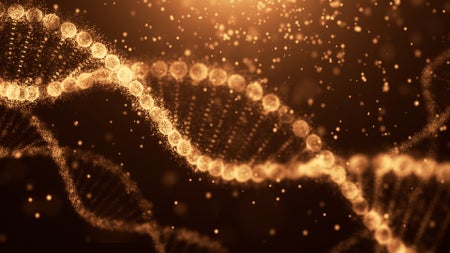
Quantum Tunneling Makes DNA More Unstable
The freaky physics phenomenon of quantum tunneling may mutate genes

A Cure for Vaccine Hesitancy Could Start in Kindergarten
Teaching simple basics in school about masks, handwashing and ethics can stave off misconceptions in adulthood

Abortion Access Allowed Us to Have a Happy, Healthy Family
Canceling Roe means that other parents with high-risk pregnancies will not have the options that we had
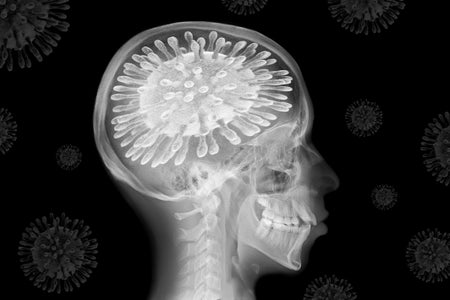
How COVID Might Sow Chaos in the Brain
SARS-CoV-2 appears to travel widely across the cerebral cortex

COVID Expanded the Boundaries of Personal Space—Maybe for Good
Our physical safety perimeters have widened, a study suggests